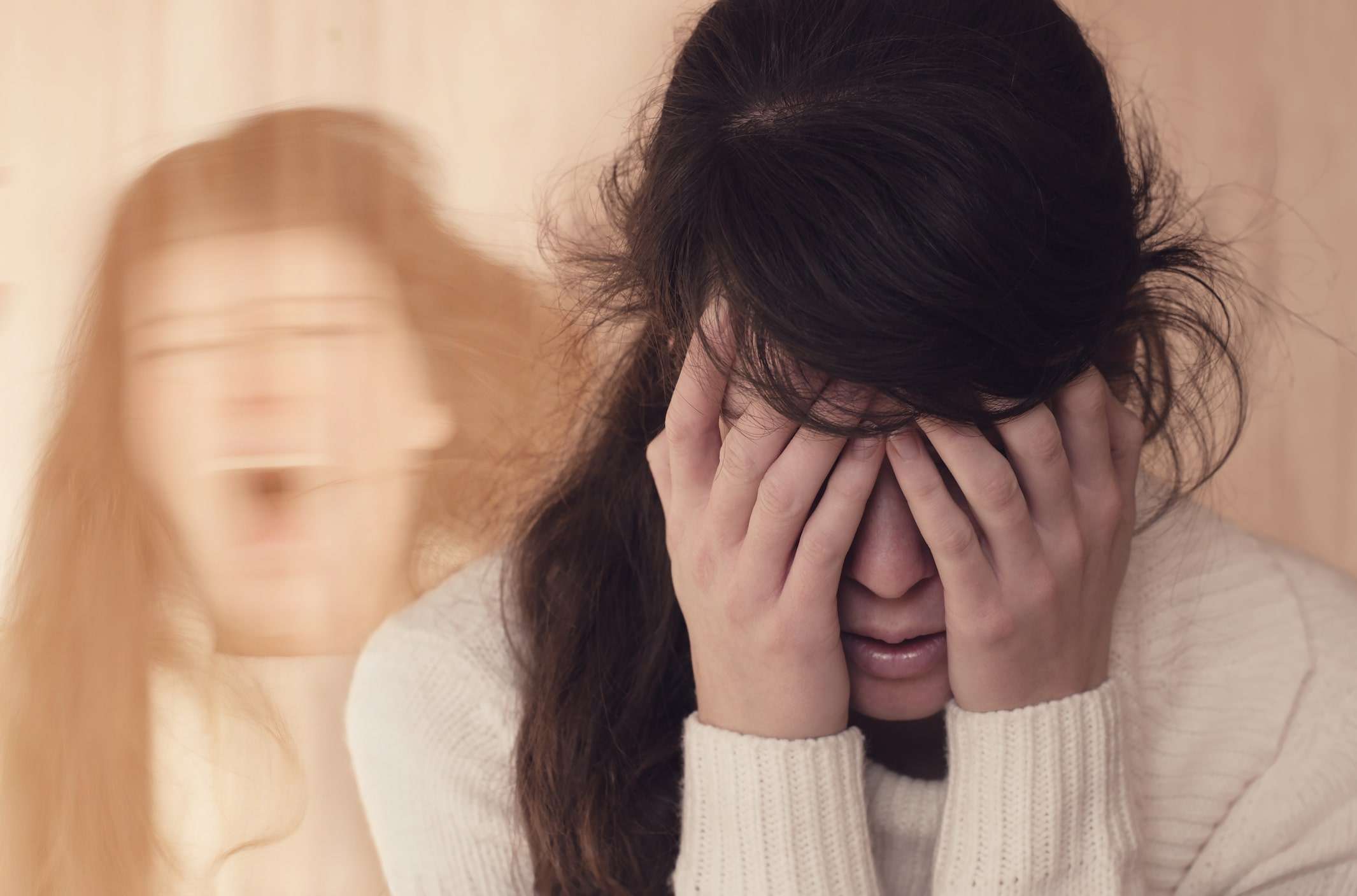The signs and symptoms of a drug-induced psychosis can be scary to experience or witness. If you notice these signs in a loved one, it is imperative to get them medical treatment immediately. A drug-induced psychosis could be a warning sign of an overdose or a symptom of an underlying mental health disorder.
Sober living homes and outpatient rehab can help you after you get treatment following a drug-induced psychotic episode. Creekside Recovery Residences is here to help you get back on track.
What Is a Drug-Induced Psychosis?
The National Institute of Mental Health (NIMH) defines psychosis as “a collection of symptoms that affect the mind, where there has been some loss of contact with reality.” Furthermore, NIMH states that psychosis causes disruptions to thoughts and perceptions. In addition, a person will struggle to recognize what is and isn’t real.
A drug-induced psychosis means that drug or alcohol abuse is the cause of a psychotic episode. Drug-induced psychoses are typically episodic, meaning that they are only temporary. However, in some cases, the person could have long-term psychosis, which may indicate an underlying mental health disorder. During psychosis, a person will have hallucinations, delusions, or both.
What Are Hallucinations and Delusions?
Hallucinations and delusions are the primary symptoms of a psychotic episode:
- Hallucinations are bodily sensations or perceptions that aren’t real. These can include all senses—sight, touch, taste, hearing, or smell. For example, a person might see people who aren’t there or hear voices that sound like they come from another person.
- Delusions are unshakable beliefs that are not true. These beliefs can include feeling persecuted and believing oneself to have powers.
It is important to remember that these perceptions and beliefs feel real for the person experiencing psychosis. They won’t be able to just “snap out of it” and will struggle to understand that others don’t share the same experience of reality.
How to Recognize a Drug-Induced Psychosis
A drug-induced psychosis causes tell-tale behaviors like outbursts and incoherent speech. Moreover, symptoms of a drug-induced psychosis will gradually worsen—especially if the person continues using or drinking despite these symptoms.
Signs and symptoms of a drug-induced psychosis include:
- Suspicious or paranoid thoughts
- Difficulty thinking logically
- Overly intense thoughts and beliefs
- Bizarre feelings or even a lack of feelings
- Agitation and hostility
- Confusing, rambling speech
- Seeing, feeling, hearing, smelling, or tasting things that aren’t there
- Appearing manic and restless
- Mood swings
- Anxiety and excessive nervousness
- Insomnia
Overall, the person will not appear like themselves. For instance, a person who is normally calm might become increasingly agitated. They might become intensely jealous, hostile, or fear that others are out to get them.
If you notice these signs in a loved one, get them medical help immediately. They are at a high risk of harming themselves or others. They could also unintentionally upset others, who might harm them as a result.
What Causes a Drug-Induced Psychosis?
Drug-induced psychoses occur as a result of excessive drug or alcohol use. They could also be caused by underlying mental health disorders, such as schizophrenia, schizoaffective disorder, or bipolar disorder. Severe depression could also cause psychotic symptoms that increase under the influence of drugs and alcohol.
Some drugs are more likely to cause drug-induced psychoses, including:
- LSD
- Methamphetamine
- Cocaine
- Cannabis
- Ecstasy
- MDMA
- PCP
Alcohol and prescription medications like benzodiazepines could also cause drug-induced psychoses. Sometimes, psychoses occur during drug detox as the person goes through withdrawal. This could be the case during severe alcohol withdrawal if the person has symptoms called delirium tremens.
Overall, the cause is either the hallucinogenic effects of the drug itself, underlying symptoms of a mental health disorder, or taking a dangerous amount of a particular substance.
How Is a Drug-Induced Psychosis Treated?
First, a person needs stabilization services to treat a drug-induced psychosis. Most often, they will be taken to an emergency room for safety and possibly to treat a drug overdose.
From there, they could remain inpatient at a hospital’s psychiatric unit for further observation of symptoms. It is critical at this time to determine if the person has an underlying mental health condition at the root of their psychosis. Regardless of the cause, the person will need substance use treatment to prevent drug-induced psychosis and other issues from recurring.
Long-term treatment for drug-induced psychosis could include the following:
- Medication Management: Safely managing medications is crucial to recovery from psychotic episodes if the person has an underly mental health condition. Anti-psychotics and mood stabilizers are some of the psychiatric medications prescribed to those with psychotic disorders.
- Case Management: A case manager can help to coordinate care across all levels of treatment. They help clients get medical care, employment resources, housing, mental health therapy, drug treatment, and other services.
- Outpatient Rehab: Following detox and inpatient treatment services, outpatient drug and alcohol rehab gives clients the continuing care they need for long-term addiction recovery. Clients could live at home, with family, or at a sober living home during outpatient rehab.
The signs and symptoms of drug-induced psychosis could be scary for the person experiencing it as well as their loved ones. However, the underlying causes—addiction and co-occurring mental health disorders—are treatable conditions. With professional help, clients can overcome their addictions and thrive in recovery.
Get Mental Health and Addiction Treatment Today
A drug-induced psychosis causes several signs and symptoms that are a cause for immediate concern. Getting a person into emergency care is the number one priority during drug-induced psychosis. After that, they need long-term care to recover from addiction and manage underlying mental health symptoms.
Creekside Recovery Residences offers long-term support for those with drug and alcohol addiction. Contact us to start your long-term recovery today.


Add a Comment